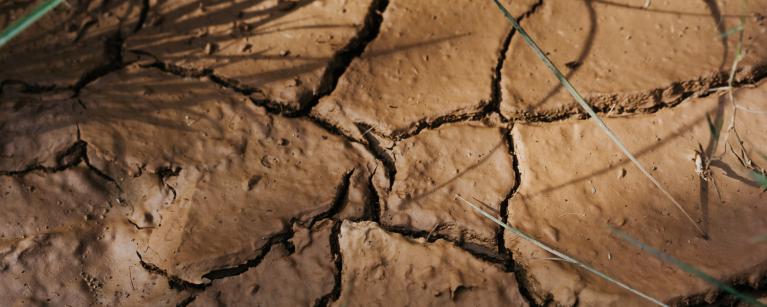While Timor-Leste’s contribution to global carbon emissions is among the lowest, it is one of the countries most affected by the adverse impacts of climate change with the poor and most vulnerable communities facing disproportionate challenges in terms of extreme weather events, health effects, food, water, livelihood security and biodiversity loss, among others.
Communities in Timor-Leste have already suffered from the negative impacts of climate change, despite not being a major contributor to global carbon emissions. Regular climatic events which include heavy and irregular rain, longer dry seasons and major storms such as 2021’s Tropical Cyclone Seroja have already caused major losses and damages to thousands of households. Today, many households have not yet recovered fully from losses and damages inflicted by the 2021 cyclone Seroja. The poor and most vulnerable communities such as women, farmers, persons with disabilities, people living in risk-prone areas, and people without secure land tenure are among those disproportionally impacted by climate change and climate-induced events.
Within this context, this research is intended to complement the already existing body of knowledge related to climate change, loss and damage, access to land and land rights in Timor-Leste.
The study's findings have the potential to initiate discussions focused on enhancing community resilience to climate change, reducing losses and damage, and strengthening community mitigation and adaptive capabilities. Simultaneously, these findings can contribute to the development of a robust policy framework that ensures adequate support and protection for communities, including the crucial aspects of community land access and land rights essential for resilience building.
